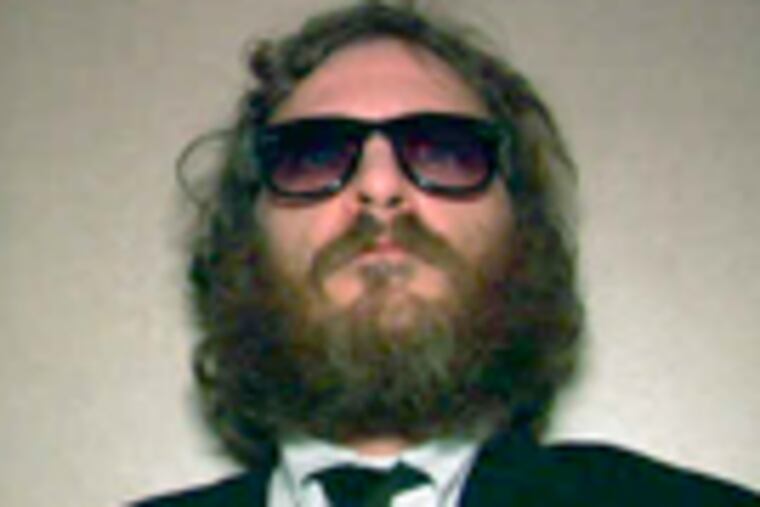Joaquin Phoenix's rising. . .and sinking
Joaquin Phoenix's "I'm Still Here" opens with a home-movie footage of the actor in boyhood, jumping into a pool of water beneath a Panamanian waterfall.

Joaquin Phoenix's "I'm Still Here" opens with a home-movie footage of the actor in boyhood, jumping into a pool of water beneath a Panamanian waterfall.
He trembles, screws up his courage, and then takes a big leap - setting the metaphoric stage for the purported documentary that follows.
It claims to chronicle Phoenix's abrupt decision to quit acting and take up hip-hop, a career change marked by weight gain, a big hairy beard and notoriously erratic behavior.
Phoenix made some incoherent club appearances as a rapper, acted strangely at press junkets and of course made that legendary appearance on David Letterman (all depicted here).
Was it real? Was he pretending?
Yes to both. "I'm Still Here" is the half-fake, half-real portrait of a man who can no longer tell the difference between acting and living.
As the movie opens, child actor Phoenix says he's trapped in a "prison of characterization" - he's been inhabiting one role or another since he was kid, and the off-camera persona of Joaquin Phoenix the moody actor is only the latest form of incarceration.
He yearns to break free and so . . . goodbye movies, hello rap. We see him cut Hollywood ties. He ridicules Ben Stiller for offering him a part in "Greenberg," putting a new spin on Stiller's impersonation of Phoenix at the Oscars. He pours himself into recording sessions, and pursues a couple of rap impresarios (including Sean Combs).
Whether Stiller or Combs are punked celebrities or coconspirators is in the eye of the beholder. What's not in dispute is that Phoenix really did abandon his movie career, apparently for the sake of this strange project.
Also not in dispute: He's a terrible rapper, and when that avenue of expression closes to Phoenix, he begins to self-destruct (with real or staged incidents with drugs, hookers, violence).
This meltdown is a problem for "I'm Still Here" on a couple of levels. One, it's boring. When Phoenix bullies his staff or binges, it's like a really tedious episode of "Entourage." Two, it reflects poorly on director Casey Affleck, who is either standing idly by while his friend self-destructs, or making an unfunny joke about self-destruction.
The movie may have other goals - the entertainment press seems to be the butt of some sort of joke here, and it may have been Phoenix's intent to find some clever way to use the machinery of the industry against itself.
These days, of course, the entertainment media includes anybody with a camera, and there is some creepy footage of Phoenix "performing" as onlookers photograph the carnage on their portable devices, providing footage and fodder for self-appointed YouTube pundits.
In the end, though, questions of how the public regards Phoenix, or how Phoenix regards himself, begin to seem self-indulgent and tiresome.
"I'm Still Here" is a less imaginative version of the meta-documentary "Exit Through The Gift Shop," in which artist Banksy turned the movie's attention from himself to the art world, and persona became a point of departure for an examination of creativity, hype and commerce.
In "I'm Still Here" the focus always returns to Phoenix, until he turns his back to camera, submerges and literally disappears.
Not a moment too soon.
Produced by Joaquin Phoenix, Amanda White, written and directed by Joaquin Phoenix, Casey Affleck, music by Joaquin Phoenix, distributed by Magnolia Pictures.